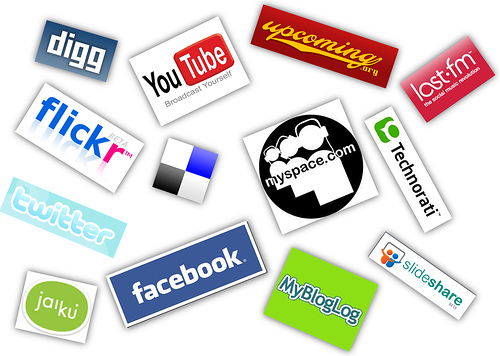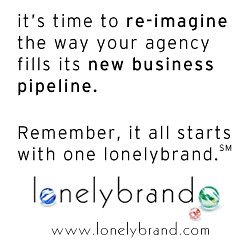First, get past the fear of failure and unknown markets. Then stop complaining and blaze your own trail to innovation and profit
 By G. Michael Maddock and Raphael Louis Vitón
By G. Michael Maddock and Raphael Louis Vitón
Consider this tale: Two salespeople for a leading athletic shoe company are sent over to a developing-world soon-to-be superpower country in the early 1980s. After a week of working to find leads, each salesperson reports back to corporate.
The first salesperson says, "Prospects could not be worse. Nobody wears athletic shoes over here."
The second salesperson sees things differently. "This is unbelievable! Everybody here needs our shoes!"
Question: Which report would have come back from you?
The answer is a simple way to determine whether you have what it takes to be a successful innovator. You are either a creator ("What an amazing opportunity—everyone needs what we have; we just need to figure out how to reach them") or a victim ("What a terrible situation").
Now you're probably thinking you are almost always a creator—never, or rarely, a victim. Well, here's how you know you are a victim: You complain about anything. That's right, the sure sign you are playing victim is complaining.
Here's why this should matter to you: In the world of innovation, there are only two kinds of people, victims and creators. Creators focus on finding solutions, welcoming the bumps along the way because they know overcoming hurdles will ultimately lead to a better solution. (More on that in a minute.)
Meanwhile, for victims, small problems—not to mention the inevitable big ones—lead to an unlikely addiction that keeps great ideas from happening.
Victims are Excuse Addicts
Perhaps you have uttered some of these words: The budget is too small; the deadline is too tight; the competition is too tough; my boss is a tool; my boss is an ignorant tool; legal won't approve it; R&D won't make it in time; my team is too small; we don't have any big ideas; we have too many ideas. Any of these sound familiar? Of course they do, because everyone developing new products and services has the same challenges. So why are your competitors—down the street and down the hall—besting you when it comes to new product development?
Put simply, they have learned failure is a positive part of being a creator and complaining is just the drug of choice for the victim. (And we want to acknowledge that
The Power of TED, a book by David Emerald, got us to start calling these people victims.)
Failure is the Oxygen of Innovation
We are not being overly dramatic here. Failing is as much a part of creating as heavy breathing is a part of running. The trick is to understand that the creator sees every small failure as a big opportunity to modify the product or experience. They view every problem as an opportunity to come up with some creative workaround. For example:
• "R&D can't make it? I'll try to open innovation models and see if someone else can develop for us."
• "Budget is too small? I'll have online thought leaders expose it to their followers (for free) and take advantage of the viral lift."
• "This approach has never worked in the past? Well, gee. Maybe times have changed—and if they haven't, let's try a different way of attacking the problem."
Creators see the obstacles as springboards for new thinking, not as an excuse to throw up their hands and give up.
What is the Outcome You Want?
Okay, fine, you say. But what do you do if you have a victim mentality—if only once in a while—or manage people who do? Our suggestion is to ask this simple question when you (or the folks you are in charge of) confront an obstacle that makes you think about quitting: "What is the outcome you want?"
This simple question can magically turn a victim into a creator. This phrase is the beacon that allows you to navigate through political, budgetary, and scheduling waters.
Once you are clear on the destination, it becomes a lot easier to steer a course around obstacles and shoals.
If you manage a person who is constantly pointing to excuses when asked why the pipeline is slow or low, ask, "What's the outcome you want?" If that person can't create ideas to get there, he or she might just be too addicted to victimhood to innovate. And if you as a boss find yourself doing more complaining than creating, perhaps it's time to ask yourself the same question—and do something about it.
This article originally published in BusinessWeek
Have you seen the new Maddock Douglas Homepage?
Follow Maddock Douglas on Twitter
![]()

 So far, 2010 has been the year of the tablet, the Blu-Ray, the e-reader, and
So far, 2010 has been the year of the tablet, the Blu-Ray, the e-reader, and  By
By



